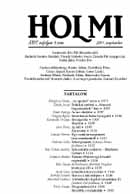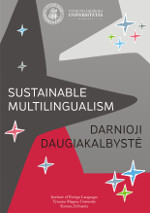
„Az apostol” sorsa
Ha ma, a huszonegyedik század elején csak kicsit is alaposabban belenézünk Petôfi Sándor recepciótörténetébe, igencsak elcsodálkozhatunk: az a mû, mely lassan fél évszázada meghatározó szerepet játszik a Petôfirôl szóló diskurzusban, mely a szocializmus idejében lényegében Petôfi fô mûveként interpretáltatott, egy teljes évszázadon keresztül alig nyert tárgyalást, vagy ha igen, akkor is csak sanyarú és mostoha elbánásban ré szesült (e téren egészen különleges a helyzete: a Petôfi-életmû interpretációtörténete százötven év folyamán lényegében mindig ugyanazon mûvek értelmezését hozta magával: egyedül AZ APOSTOL helye módosult radikálisan a hierarchiában). Azt hiszem, nagyon nehéz elképzelnünk vagy elhinnünk, hogy AZ APOSTOL rendkívül sokáig tulajdonképpen nem vagy csak alig képezte részét a Petôfi-életmûnek, s az a kép, mely Petôfirôl száz éven át példátlan népszerûséggel és elfogadottsággal uralkodott, nélküle lett megkonstruálva. AZ APOSTOL, akár tetszik nekünk, akár nem, csak a huszadik század baloldali, majd egyértelmûen szocialista irodalomszemléletének következtében kapott helyet az irodalomtörténetben és az iskolai oktatásban – akkor viszont, mintegy visszahatásként, olyannyira túlnyomóan ideologikus tárgyalásban részesült, hogy tényleges irodalmi érdekessége és sajátossága nem kaphatta meg méltó értelmezését.
More...

